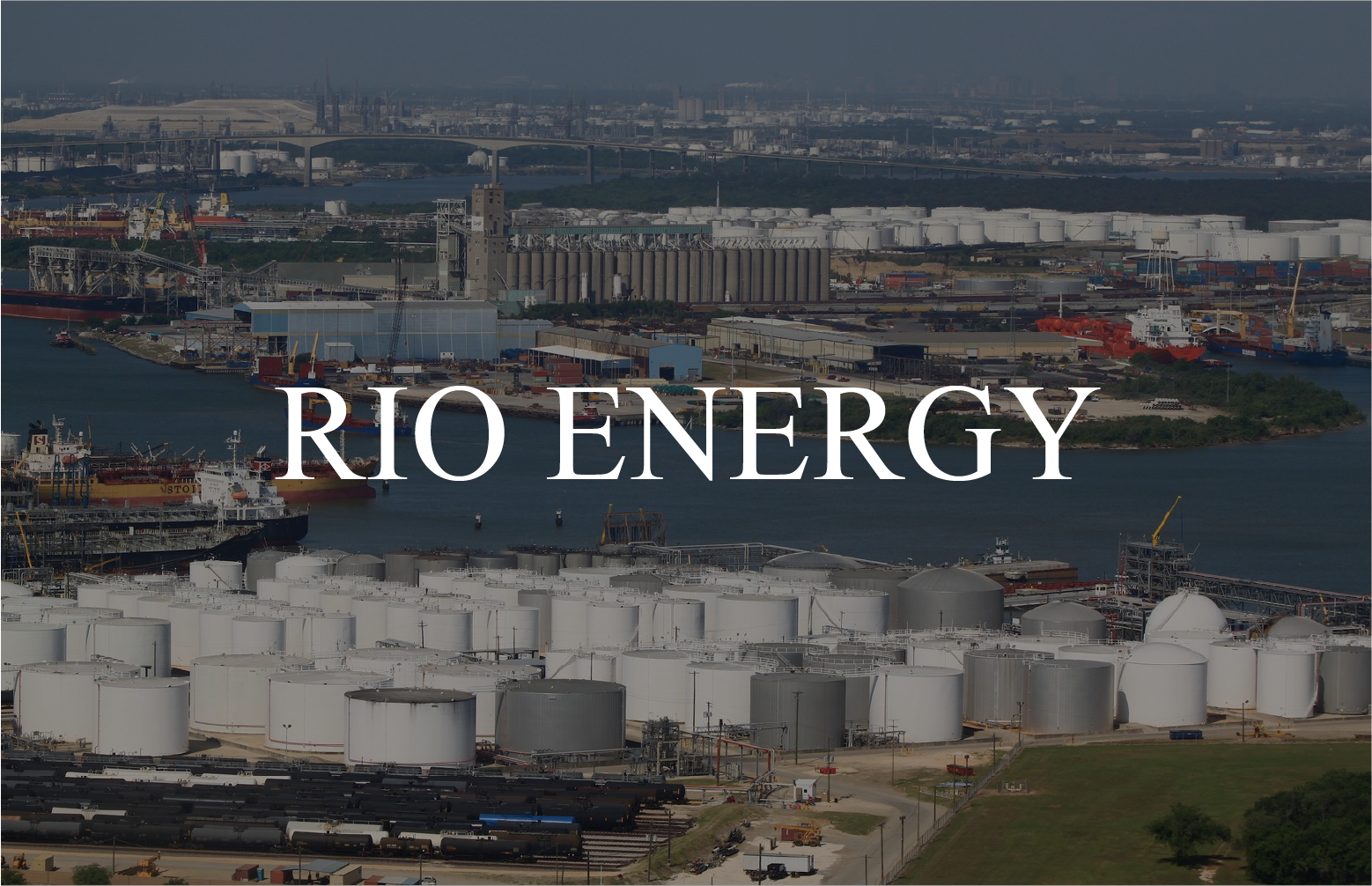According to Reuters, a European Union plan to label tar sands oil as highly polluting in its fight against climate change has been abandoned after years of opposition led by Canada.
A proposal published by the European Commission on Tuesday removes an obstacle to Canada exporting tar sands crude to Europe and comes at a time when tensions between the EU and top oil supplier Russia are running high. This was undoubtedly a contributing factor to the decision.
Confirming a draft seen by Reuters in June, the proposal requires refiners to report an average emissions value of the feedstock used in the products they produce, dropping a requirement to single out tar sands content.
The revised plan still proposes a method to assess the pollution levels of various fuel types over their life cycles and the European Commission said it would propose action if these were incompatible with climate goals.
Debate over labelling tar sands, also known as oil sands, began in 2009 when EU member states approved legislation aimed at cutting greenhouse gases from transport fuel but failed to agree how to implement it.
In 2011, the Commission agreed tar sands should be given a carbon value a fifth higher than for conventional oil, but member states again could not agree on the plan.
After an inconclusive vote by member states in 2012, the Commission said it would carry out an assessment of the financial impact of the legislation.
Oil sands crude is being exploited by major oil firms such as BP Royal Dutch Shell and ExxonMobil.
In the context of the Ukraine crisis and concerns about Europe’s energy security, Canada had argued Europe should embrace its oil as a secure source of energy.
Canada’s natural resources minister last November also warned the EU’s bid to label tar sands crude “highly polluting” could “stigmatize” such oil and make it harder to export.
European refining lobby group FuelsEurope welcomed the new proposal as “a simple and effective methodology” that would help safeguard the sector’s competitiveness.
EU member states will now debate the proposal under a fast-track procedure meant to take less than two months. It will also require a sign-off from the European Parliament.
Meanwhile, a summit of EU leaders this month is expected to outline a new set of 2030 climate and energy goals. These include a proposed 40 percent cut in greenhouse gas emissions, compared with a 2020 goal of 20 percent versus 1990 levels.





